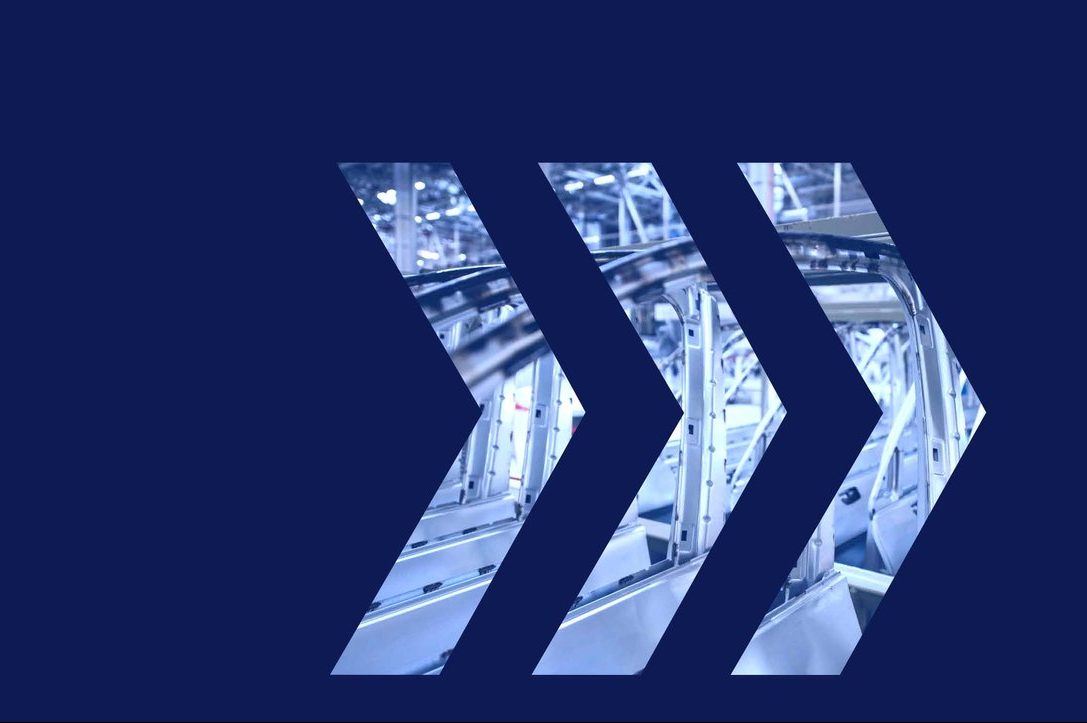
Hybrid work models are now an important decision-making factor for job seekers. In the future, the clear majority of employees want a hybrid working model with the flexibility to choose between a home office and an office as needed. In successful hybrid and remote working models, the focus is on the needs of the employees – increasing employee loyalty and employee performance. Especially with a view to the next generation of employees, Gen Z, a focus on employee loyalty and appreciation, in addition to flexibility, is inevitable.
To get the best of both worlds, the opportunity for social interactions and collaborative working must be balanced with the freedom to work remotely.
But an initiative of this complexity must be thoroughly planned, structured and carried out in a targeted manner. The change to hybrid work presents CEOs and CHROs with a multifaceted challenge, always with the aim of developing the maximum potential of the company.
In this white paper, NTT DATA and Talentista Now explore how to increase performance and ensure employee loyalty in 2023, sharing insights into future developments based on 10 best practices, and offering recommended measures for your organization.
You’ll discover:
- What the future of the working world looks like, and how optimizing employee performance will be one of the most crucial differentiators.
- How human-centricity will prevail, with increased attention on an outstanding employee experience.
- That 83% of employees would like to work hybrid in the future.
- That 85% of senior leaders report that EX has a positive impact on company success.
- How not to get left behind: 76% of companies plan to continue using a hybrid working model in the future.





















